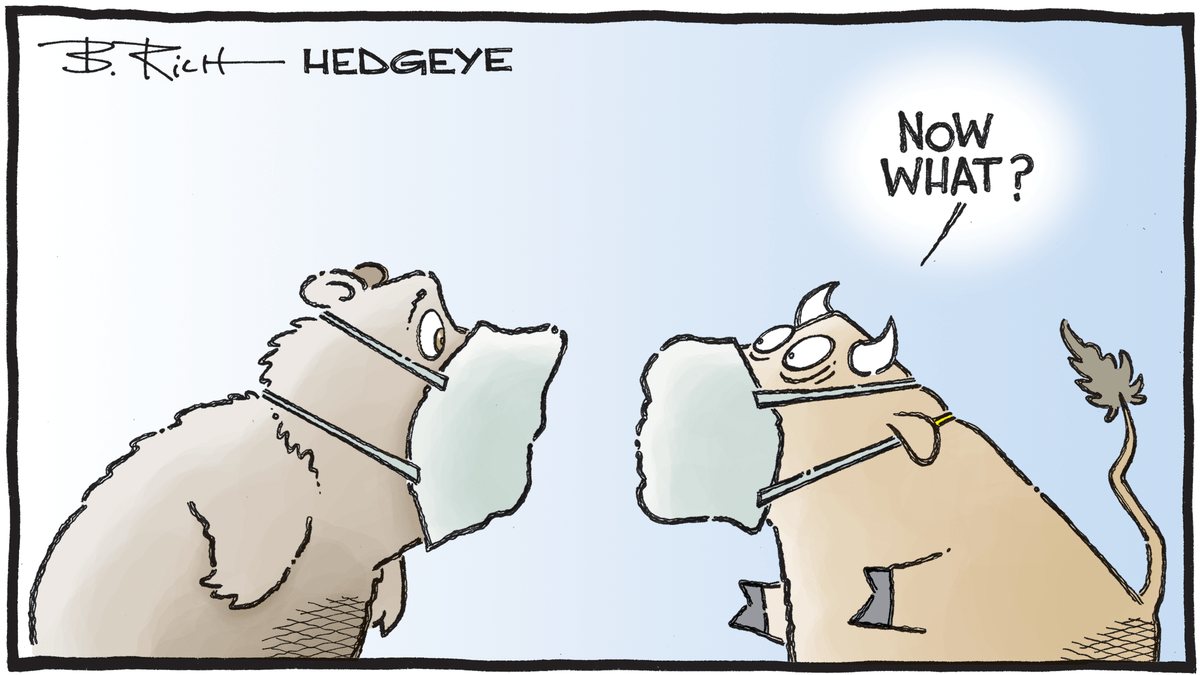
COLUMBIA,
S.C. (AP) — The Democrats’ 2020 nominating fight turned to South
Carolina on Saturday for the first-in-the-South primary, with Joe Biden
confident that his popularity with black voters will seal him a victory
and help blunt some of front-runner Bernie Sanders’ momentum.
The
primary stands as the first marker on a critical four-day stretch that
will help determine whether the party rallies behind Sanders or embraces
a longer and uglier slog that could carry on until the national
convention.
“Only two things are going to happen: either Bernie or brokered,” said James Carville, a veteran Democratic strategist.
Carville
is uncomfortable with a Sanders nomination but fears that a brokered
convention — in which party bosses or delegates in floor fights and
negotiations decide the nominee after no candidate amasses enough
delegates in the primary — would inflict serious damage on the party, as
well. “It’s just hard for me to see beyond the two options,” he said.
In
Saturday’s primary, Biden and his establishment allies hope to slow
Sanders’ rise — and change the trajectory of the race — with a
convincing victory demonstrating his strength among African Americans.
But just three days later, Sanders believes he’s positioned to seize a
major delegate advantage when 14 states and one U.S. territory vote on
“Super Tuesday.”
After two consecutive victories and a tie for the lead in Iowa, the 78-year-old Vermont senator’s confidence is surging.
Sanders
will spend the lead-up to Super Tuesday campaigning in the home states
of two major Democratic rivals, betting he can score a double knockout
blow — or at least limit the size of their victories.
In
a power play, Sanders will host a midday rally Saturday in downtown
Boston, campaigning in the heart of progressive ally Elizabeth Warren’s
political turf. And on the eve of Super Tuesday, Sanders will host a
concert in Minnesota, where home-state Sen. Amy Klobuchar is looking for
her first win.
Senior
adviser Jeff Weaver said Sanders is aggressively hunting for delegates,
noting that their campaign’s experience during the 2016 primary against
Hillary Clinton taught them that any candidate who finishes Super
Tuesday with a significant delegate advantage will be difficult to
catch.
“I’m
confident we’re going to do very, very well across the country,” Weaver
said of the coming four days. He also sought to downplay the importance
of South Carolina, where “Biden is expected to win.”
“Expectations
can be broken,” Weaver added. ”But for the vice president, he needs an
extraordinarily large win in South Carolina in order to convince folks
he’s going to be able to go the distance.”
At
a rally in North Charleston on Friday, Trump asked the crowd whether
Biden or Sanders would be the better Democratic opponent for him.
“I think Bernie’s easier to beat,” Trump said.
The
audience seemed to agree, cheering the mention of Sanders and booing
the mention of Biden. Some state GOP leaders have even urged Republican
voters to participate in Saturday’s Democratic primary and vote for
Sanders.
Yet the Democrats’ 2020 primary election is far from a two-person race.
In
South Carolina, billionaire activist Tom Steyer has spent more than $19
million on television advertising — more than all the other candidates
combined — in his quest for his first top finish in four contests. Not
ceding anything, Pete Buttigieg is fighting to prove he can build a
multiracial coalition. And with the help of super PACs, Warren and
Klobuchar have vowed to keep pushing forward no matter how they finish
on Saturday.
New
York billionaire Mike Bloomberg is not competing in South Carolina, yet
he has shattered spending records after investing hundreds of millions
of dollars in Super Tuesday advertising backed by a horde of paid staff
in virtually every state in the nation. He could emerge as the strongest
Sanders alternative in the coming days, or he could unintentionally
help Sanders by splitting up the anti-Sanders vote.
Still, Saturday marks Biden’s last, best chance to shine.
The
former vice president’s campaign began the week cautiously optimistic,
even as he predicted victory and began lashing out at Sanders more
aggressively.
“This
nation isn’t looking for a revolution like some folks are talking
about,” Biden said Friday in Sumter, slapping at Sanders’ signature call
to action. “They’re looking for progress. They’re looking for results.”
After a solid
debate performance on Tuesday, the 77-year-old Democrat was more
buoyant on the campaign trail and his aides grew more confident backed
by new support from elected officials.
Biden
has racked up far more endorsements than his rivals have throughout the
year, and he added another big name from a Super Tuesday state,
Virginia Sen. Tim Kaine, on Friday. That came two days after he earned
the endorsement of South Carolina Rep. James Clyburn.
Summing
up the mood, senior Biden adviser Symone Sanders shifted away from
calling South Carolina Biden’s “firewall” and instead called it a
“springboard,” on par with how the state boosted the presidential
aspirations of Barack Obama in 2008 and Clinton in 2016.
Indeed, South Carolina represents much more than the fourth state on the Democrats’ monthslong primary calendar.
It
serves as the first major test of the candidates’ strength with African
American voters, who will play a critical role in both the general
election and the rest of the primary season.
Roughly 3 in 10 people of voting age in South Carolina are black, according to census data.
“South
Carolina speaks in a way that these other states have not been able to
in terms of who is voting and the diversity of our vote,” said James
Smith, South Carolina’s 2018 Democratic nominee for governor.
In
the short term, Super Tuesday features a handful of Southern states,
like Alabama, Arkansas and North Carolina, where the African American
vote will be decisive. And longer term, the ultimate Democratic nominee
will struggle to defeat Trump unless he or she generates more enthusiasm
among black voters than Clinton did four years ago.
While
voting technology was a concern in two of the last three primary
contests, South Carolina uses a wide array of voting technology that
presents unique challenges.
Saturday’s
election in South Carolina marks the first statewide test of its new
fleet of electronic voting machines, a $50 million upgrade from an old
and vulnerable system that lacked any paper record of individual votes.
The new machines produce a paper record that can be verified by the
voter and checked after the election to detect any malfunction or
manipulation.
Meanwhile,
some leading Democrats in South Carolina were concerned that the
intensity of the anti-Sanders movement within their own party would
undermine their quest to deny Trump a second term.
Gilda
Cobb-Hunter, a South Carolina state representative and president of the
National Black Caucus of State Legislators, warned Democrats who
vehemently oppose Sanders to “stop being stupid.” While she’s on
Steyer’s payroll, she said she would “of course” support Sanders if he
emerged as the nominee.
Peoples
reported from New York. Associated Press writers Will Weissert in
Washington and Thomas Beaumont in Charleston, S.C., contributed to this
report.
















